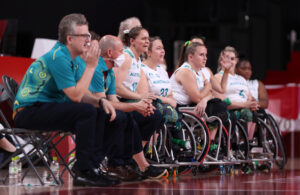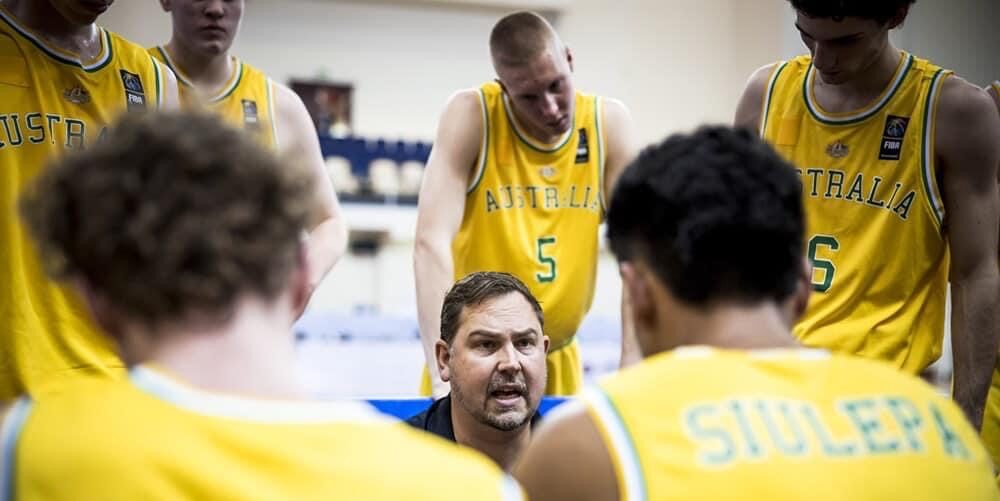In the world of modern high performance coaching, leading in an efficient manner is crucial to player engagement with the elite player valuing their time and having an expectation for those around to use it efficiently.
High performing athletes have a strong expectation of their coach to be succinct, organised, efficient and ensuring the main thing remains the main thing. Being a highly efficient high performance coach allows for better buy-in from the players and also helps manage the time and life balance for the leader.
So how can the high performance coach, with so much information, data and tactics to share, stay efficient?
One strategy is to manage the three M’s –
- Meetings
- Multiplying
- Manifestos.
Meetings –
Meetings are as much part of modern life and coaching as they ever have been. We now have monikers for the sort of meetings we can have – face-to-face, “stand up”, “town hall”, remote and check-ins.
In elite sport, meetings can become fatiguing for athletes and coaches alike. With the onset of larger coaching and support staffs, athletes can be subjected to 4-5 meetings/week, on top of their daily training environment.
Positional meetings, leadership group meetings, feedback meetings, review meetings, scouting meetings; the modern athlete (and coach) can have more meetings in a week than made jump shots.
For the coach, they are often involved at some level in all these meetings and then some as the demands of the leader expands constantly.
Solution – write down the meetings that YOU gazette or organise. You are either part of the problem or part of the solution.
Look at this list and “cut” a third of them to start. Do you need all these meetings or can they be replaced with a chat, flightpath conversation or text?
For staff and coaches meetings, put a time limit on them, have a three point agenda, record the meeting to foster efficiency and snap a photo of any whiteboard points and send out post meeting.

Multiplying –
Linked to the above, coaches need to avoid multiplying unnecessarily. The game day experience is a great example of this.
Teams usually have a “shoot around” the morning of the game. This may include video review and refreshing the game or key tactics.
Later that day the players arrive and as soon as the coach can, they assemble the troops to provide more information (or, in essence, the same information from the morning).
The players go out to shoot, do pre-warm-up or activation and then it’s back to the locker room for another meeting!
Following warm-up, the starters huddle around the coach for the “final” meeting. It’s multiplying and the reality is elite players zone out.
Have a critical friend monitor and provide feedback how often you repeat or rephrase even the most simple instructions or information in practice. Focus on reducing the multiplying!

Manifestos-
The third M to manage is the “manifesto”. Be it written or verbal, the practice of coaches to search for the complex, detailed, “impressive” way to communicate even the most simple of information.
Not every address to the group is an event, not every pre-game talk is an opportunity for a momentous oration. In a recent coach development Zoom, highly respected Milwaukee Bucks assistant coach Mike Dunlap encouraged coaches to “err on the side of brevity”.
The scouting report is a common “manifesto”. Modern coaches have access to endless data and the best use this efficiently to gain the competitive edge.
But how much do the players absorb and how much longer s impactful. Often the coaching staff will pages and pages of “important” data on an opponent and spend countless hours reviewing and manipulating.
The players don’t need nor enjoy that level of detail. The challenge is to take the manifesto and produce a clear and concise game plan.
Some strategies to manage the Three M’s –
- Cull your meetings by a third
- “If you add, you must subtract”
- Replace meetings with a conversation
- Empower your coaches to tell you if you are multiplying information or meetings
- Think and communicate in dot points where possible
- One page scout
- No shared document more than two pages – dot points, focus on brevity
The above is not about “skimming over” or “short changing”, it’s about some simple strategies to be an efficient, impactful high performance coach.




Leave a Reply